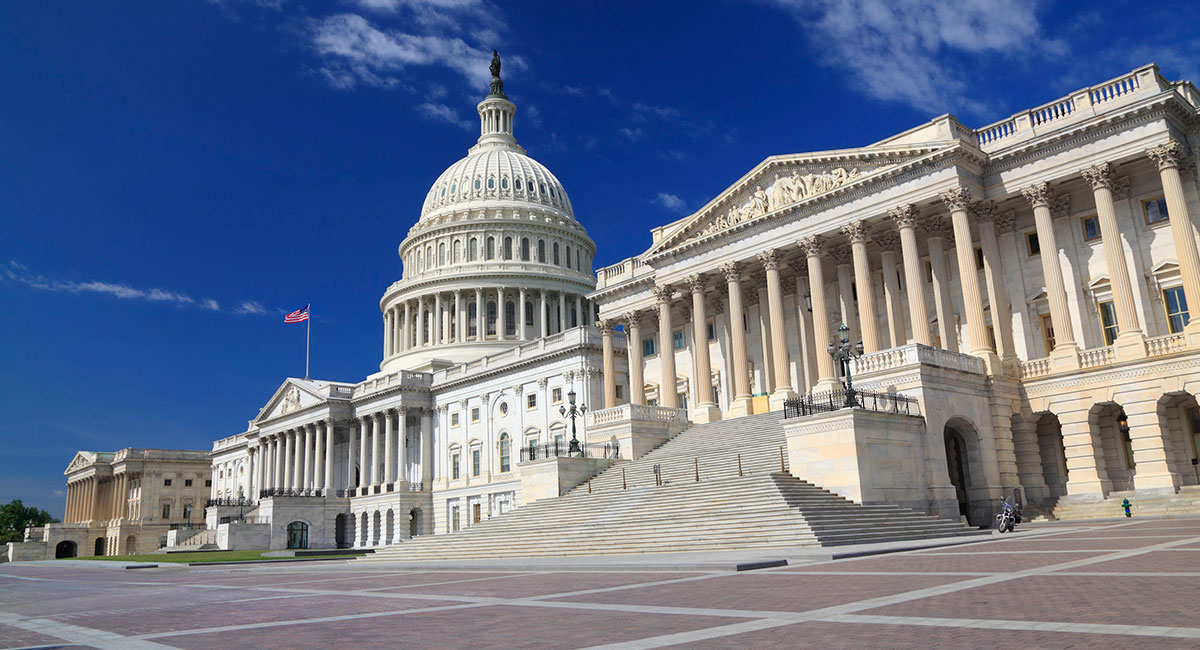The Founding Father of this fount of worldly wisdom, R. Emmett Tyrrell, Jr., has written a delightful new memoir (How Do We Get Out of Here?: Half a Century of Laughter and Mayhem at The American Spectator―From Bobby Kennedy to Donald J. Trump), which early on proclaims: “Progressive values, as seen from the vantage point of the twenty-first century, look like one pell-mell flight from authority. Each authority that was abandoned was usually not replaced. The rules of grammar, the rules of deportment, the rules for citizenship, the rules of government, all were abandoned.”
While I certainly largely agree with the Founding Father, I have a different way of expressing it. I think there has been a rather uncivil war over authority over the past century, with one group, the Good Guys (readers of The American Spectator and others of their ilk) who believe authority must be diverse, equitable, and inclusive (authentic DEI), battling another group, the so-called progressives, who believe that they alone should have a monopoly on authority and that authentic diversity is, therefore, verboten. The traditionalists believe, for example, that the family should have a lot of authority: Where do we live? How many children do we have? What do we do with our time and resources? How much time, if any, do we spend on learning, working, traveling, etc.? Do our kids go to a “school,” and, if so, where and for how long?
They believe that who Hunter Biden might call “the really Big Guy,” aka God, should have a big say regarding authority; thus, for example, most Americans have traditionally adhered to the Ten Commandments. They believe that people should be able to earn their daily bread in diverse occupations of their choosing and truck and barter for goods, services, and profits in any manner they like that comports with laws enacted in a constitutional manner by elected representatives of the people.
By contrast, the progressives view themselves as Philosopher Kings and Queens, saving who the great American philosopher Leona Helmsley once called “the Little People” (in America, those mostly living in Flyover Country at least a couple hundred miles away from an ocean) from doing harmful things. Without the help of our elected betters who once attended Harvard or another of the gated communities of the academic aristocracy, they would do such gauche and destructive things as use 5 gallons of water to flush their toilets or drive cars with gasoline engines. They believe a highly trained cadre of academic aristocrats and other elites should make most of the big decisions in order to keep the Little People from ruining the planet—and robbing the Philosopher Kings of the pretentions, power, and material goods associated with controlling a powerful monopoly, the State. “L’Etat, c’est moi” was allegedly uttered by Louis XIV in the mid-17th century, but it is pretty close to what Joe Biden, in his few relatively lucid moments, has said about contemporary America.
What to do? Or, as Shakespeare once said, “To be, or not to be, that is the question.” As the Bard’s Hamlet further asked us, “Is it nobler to suffer the slings and arrows of outrageous fortune, or to take arms against a sea of troubles?” Moving abruptly to less poetic 21st-century policy wonk prose, are there tangential things that may be politically attainable in the fairly short run? As Lord Keynes once said in one of his rare nondestructive utterances, in the long run we are all dead, something our climate extremists should remember as they lower the quality of our lives in order to lower temperatures by one degree by 2083 or whenever.
Even in this environment, a majority of Americans respect our most fundamental set of laws, the U.S. Constitution, and it is constitutionally possible to modify it without the participation of the Gang of 535 (Congress), or the president. We are approaching Fiscal Armageddon, where there will either be a material reduction in the promises of the welfare state or a destruction of the rule of law unless we soon put major constraints on the Swamp. Our nation lived with an unwritten but effective fiscal constitution until the 1930s. The nation spent less money than it received in most years, a constraint millions of families likewise still face. Exceptions are made in emergencies, such as major wars. We came rather close to achieving a balanced budget amendment to the Constitution in the 1980s and 1990s—why not make that a conservative imperative today?
The other area where I think it may be politically feasible to enact some useful reforms is with regard to our universities, the intellectual home of much of the progressive mischief of modern times. Public support, already at a modern era low, has dipped more with the Hamas attack on Israel. At the federal level, major change is probably not presently possible, but anger is sufficiently great that minimally reducing the dropping of dollars out of airplanes over college campuses may be shortly possible, and certainly state governments can and should move to insist on freedom of expression, zero tolerance for violence, and enacting prohibitions on state universities from taking positions on political positions unrelated to university operations (e.g., by adopting the Kalven Statement of the University of Chicago). Moreover, Milton Friedman’s insight to me shortly before his death is worth noting: Perhaps we should be taxing universities (because of their negative spillover effects or externalities) rather than subsidizing them. Apply sales taxes to college tuition fees! It is one thing to allow university communities to act like morons, but it is another to subsidize that behavior.
There are myriad other things needing attention. To name just three others: strengthen border security, rationalize immigration policy, and restore our defense capabilities. But diminishing returns are setting into this epistle, so I leave these issues for another day.













